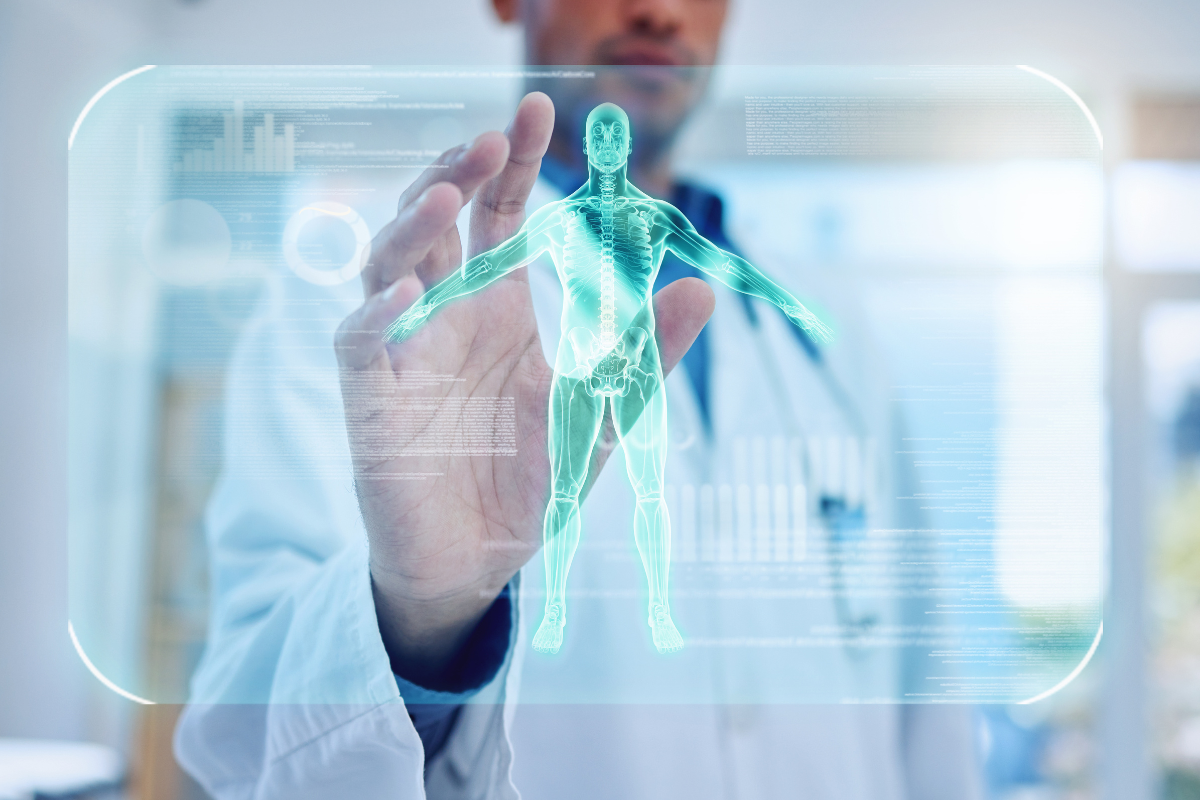Ultra-personalised medicine promises a revolution in health management by offering tailored care based on individual data. At first glance, this approach seems ideal for improving disease prevention and prediction. However, this futuristic vision carries significant risks, including an over-reliance on biological data, a depoliticisation of health, and increased inequalities in access to care.
What are the limits of ultra-personalised medicine?
This approach is based on the perception that health can be fully understood through biometric data and physiological measurements. By reducing health to numbers and biomarkers, it neglects critical aspects such as psychological well-being,adaptation to the environment and individual experience.
Although ultra-personalised medicine promises a comprehensive vision of health, it often fails to integrate a holistic approach. This approach should consider the individual as a whole, including the psychosocial dimension and the interactions between the physiological and the psychological.
The self-knowledge proposed by these technologies is often biased, as it is based primarily on biological data collected by algorithms. This can lead to a limited vision of the individual, who is then reduced to his or her biological measurements.
What inequalities are created by ultra-personalised medicine?
Ultra-personalised medicine is based primarily on the collection and analysis of biometric data, such as blood sugar or cholesterol levels. This approach, while promising, tends to reduce health to a set of biological data, neglecting dimensions that are essential to an overall understanding of well-being.
An approach to health reduced to biological data
The biometric approach to ultra-personalised medicine emphasises the analysis of numbers and biomarkers as the main indicators of health. This quantified perception often ignores the complexity of health, which cannot be limited to objective measurements. Biomarkers, while useful for identifying certain physiological conditions, have limitations when it comes to capturing the diversity of human experience and contextual factors influencing health.
Serious consequences for psychological and social health
By reducing health to biological data, this approach tends to neglect the psychological and social aspects that play a crucial role in overall well-being. Such a perspective can lead to an underestimation of the mental disorders and social conditions that affect health. Failure to integrate these dimensions can hamper the effectiveness of medical interventions and overlook the importance of a holistic approach to optimal well-being.
Towards a depoliticisation of health
The rise of private health services, fuelled by ultra-personalised medicine, often reflects a failure of public policy to provide accessible and comprehensive care for all. This trend contributes to a diversion of health issues, reducing them to an individual responsibility, while obscuring the inherent collective and political issues.
The emergence of ultra-personalised private healthcare services highlights the shortcomings of public healthcare systems, particularly in terms of access to free preventive care. In the past, preventive medicine centres provided check-ups free of charge, but access to these services has been restricted, forcing individuals to turn to often costly private options.
The neoliberal logic associated with ultra-personalised medicine places the responsibility for health on individuals, encouraging them to manage their well-being autonomously. This makes the sick feel guilty, reinforcing the social pressure to maintain perfect health. This individualistic approach ignores structural inequalities and the social determinants of health, accentuating disparities in access to healthcare.
Is ultra-personalised medicine creating a two-tier medical system?
Access to ultra-personalised medical technologies is often limited to the most affluent individuals, contributing to a two-tier medicine. Advanced devices and personalised services are generally expensive, exacerbating inequalities in access to care.
Technological advances, such as health monitoring devices and comprehensive check-up services, are mainly available to those who can afford them. This creates a situation where the wealthiest benefit from advanced care, while disadvantaged populations remain dependent on public health systems that are often underfunded and limited in their capacity.
Socio-economic barriers amplify disparities in the collection and use of health data. Similar socio-economic profiles, on which data is often collected, bias analyses and recommendations, limiting the relevance of interventions for disadvantaged groups. This dynamic reinforces health inequalities and hampers equity of care.





